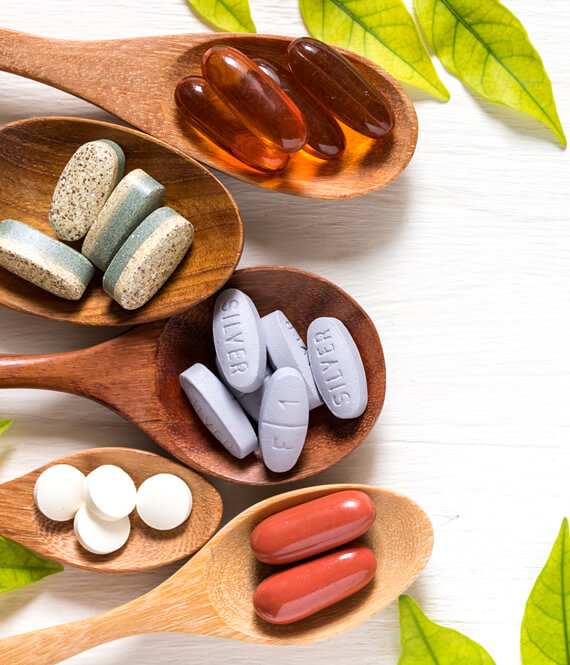
Top 10 Nutrition Tips for Supplementing Your Diet
We recommend helpful products in our articles. Read our full disclosure here. The content on this website is not intended to be a substitute for professional advice, diagnosis, or treatment.

We hear it all the time.
Stay away from fast food.
Don’t eat red meat.
Drink lots of water.
Fat and carbs will make you gain weight.
The list goes on and on.
Nutrition advice is everywhere and a lot of it is contradictory.
Every expert has a different opinion and it’s easy to get confused about what’s really important.
Thankfully, we can all agree on one thing.
A healthy diet is one that includes mostly whole foods, especially fruits, vegetables, and lean protein.
If you’re already eating a whole food diet, you’re well on your way to supporting your overall health.
Wondering what else you can do to boost your health and wellbeing?
Let’s take a look at some proven nutrition tips you can implement to supplement your diet and nutrition even further.
Supplementing Your Diet: Top 10 Nutrition Tips to remember
Take a multivitamin every day.
Taking a multivitamin every day is one of the easiest ways to supplement a whole food diet.
No matter how clean your diet is, meeting all of your nutritional needs with food is very difficult.
And, many nutritional deficiencies have been linked to chronic disease, so filling in any gaps in your diet is super important.
On top of that, your need for specific nutrients can increase dramatically according to age, gender, stress level, lack of sleep, activity level, when you’re dealing with a chronic condition, during menopause, or when you’re pregnant.
Here are the most important nutrients to look for in your multivitamin:
- Vitamin D: Essential for a healthy immune system and strong bones.
- Iron: Increases energy levels and improves brain and red blood cell function.
Not everyone needs to supplement with iron, so check with your doctor to have your iron levels tested before choosing a supplement.
- Magnesium: Important for energy production, bone health, and nervous system health.
- Folate: Prevents birth defects and combats depression and inflammation.
- Calcium: For strong bones and teeth.
- Zinc: Necessary for a strong immune system.
Also helps the body convert carbohydrates, protein, and fat into energy.
- B-vitamins: Essential for many body functions, including breaking down micronutrients for energy and keeping red blood cells and nerves healthy.
When choosing a daily multivitamin, it’s best to look for a formula that’s all-natural and organic.
If you have trouble swallowing pills, chewable gummy vitamins are a great option. SmartyPants Vitamins has the best prenatal gummies if you’re expecting or hoping to get pregnant soon, and they offer complete, organic formulas for adults and children, too.
Eat more nuts.
If you’ve been avoiding nuts because they’re high in fat, you might want to rethink that strategy.
Supplementing a whole food diet by eating nuts regularly will increase your intake of nutrients like magnesium, fiber, vitamin E, protein, omega-3 fatty acids, and more.

Go ahead and enjoy your coffee.
We’ve all been told that coffee is bad for you, but it turns out that’s not the case at all.
Coffee is actually full of beneficial antioxidants that can help you live a longer life and reduce your risk of developing Alzheimer’s, diabetes, and a variety of other chronic illnesses.
Get your omega-3s.
Eating more fatty fish, like salmon, is a great way to supplement your omega-3 intake.
Omega-3s fight pain and inflammation throughout the body and reduce the risk of heart disease, depression, and dementia.

Take care of your gut.
Your gut health ties into your overall health, from balancing the hormones to keeping the immune system strong, fighting anxiety and depression, and much more.
Disruptions in gut bacteria are also linked to many chronic diseases, including obesity.
Eating a whole food, high fiber diet is essential for gut health.
But you should also supplement your diet with probiotic foods like yogurt and fermented vegetables, too.
Prebiotics like onions and garlic are also important because they feed healthy bacteria in your gut.
Use herbs and spices when you cook.
It turns out that herbs and spices are good for more than just adding flavor to your food.
Using them in your cooking is an excellent way to supplement your diet with potent antioxidants that fight inflammation, which contributes to chronic pain and disease.
Eat your eggs.
The old belief that you shouldn’t eat too many eggs because they’re high in cholesterol is extremely outdated.
Whole eggs are actually very nutritious.
Not only are they an excellent source of protein but including eggs in your diet regularly will increase your intake of vitamin D, choline, lutein, and zeaxanthin.

Mix up your greens.
Leafy greens are some of the most nutritious foods on the planet, so don’t limit yourself to simply tossing some romaine in your salad at lunch.
Supplementing your diet with a variety of leafy green vegetables will increase your intake of vitamins K, A, E, C, and folate as well as minerals like calcium, potassium, and magnesium.
Leafy greens are also rich in fiber to support gut health and protect against heart disease, diabetes, and some types of cancer.
They’re also rich in phytonutrients that have a host of health benefits.
And, the chlorophyll in leafy greens also supports the immune system, speeds wound healing, detoxifies the body, and may even lower your risk of cancer.
Eat more beans.
Of course, beans are a great source of protein in a plant-based diet, but they also offer a host of other benefits.
Supplementing your diet with beans increases your intake of fiber, healthy carbs, and some even contain omega-3 fatty acids.
They’re a great source of magnesium, vitamin B6, and iron, too.
Eating beans regularly also helps regulate blood sugar and reduce the risk of diabetes, kidney disease, and some types of cancer.
Eat dark chocolate.
You’ll be happy to know that you don’t have to avoid all sweets on a healthy diet.
Dark chocolate is one of the most potent sources of disease-fighting antioxidants on the planet, and it’s a great source of magnesium, too.
The Bottom Line
If you’re looking for easy ways to supplement your hold food diet, you can’t go wrong with a high-quality daily multivitamin.
And, by strategically including nutrient-dense foods into your diet regularly, you can boost your intake of key nutrients that support overall mental and physical health.
It’s a great way to be proactive and take charge of your own health naturally.
Like these tips?
Scroll down for more!
"We love to research problems, examine studies, analyze solutions, and share with you ideas that make life healthier. You can learn about us and our editorial standards here. Have suggestions or feedback to share? Send us a message!."



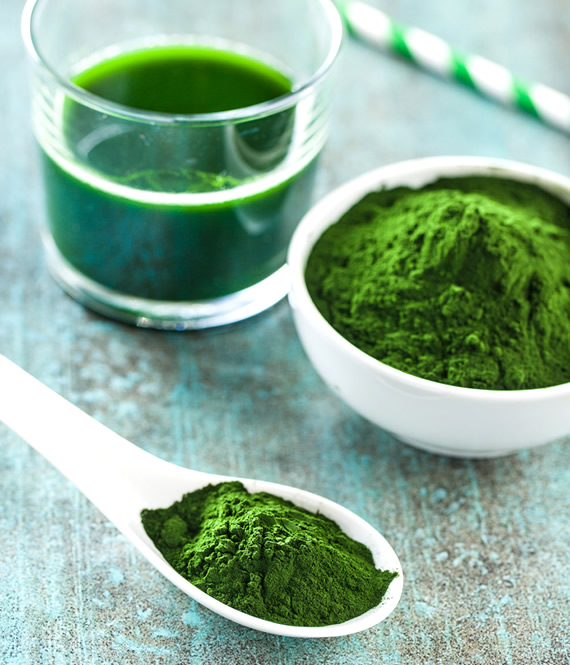


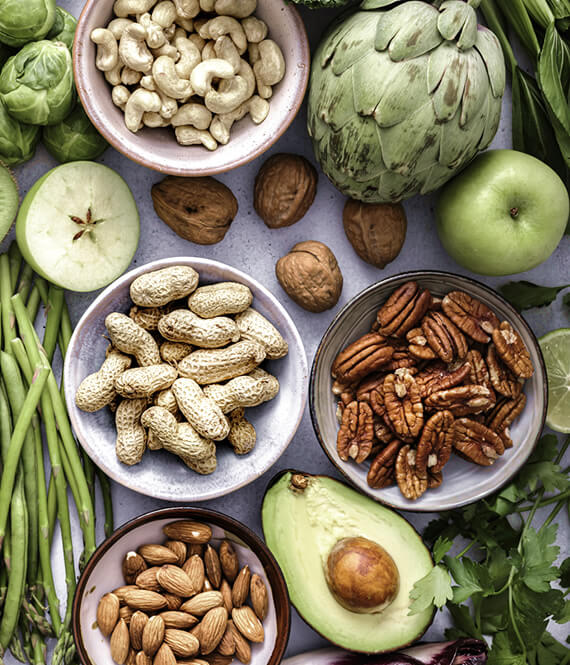

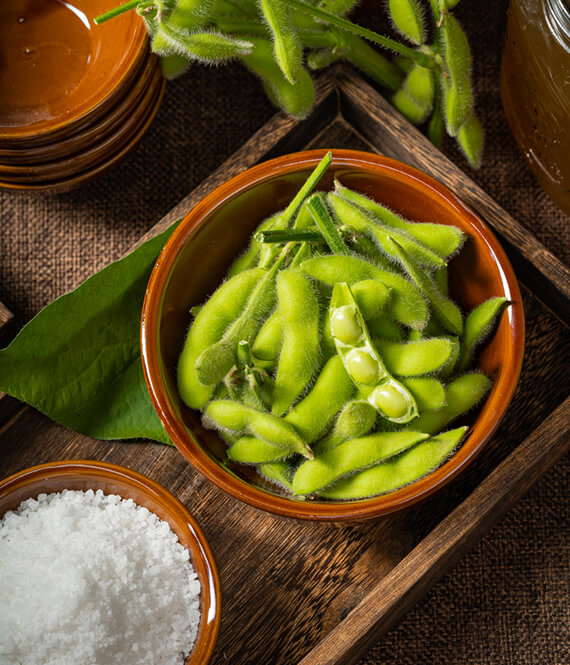
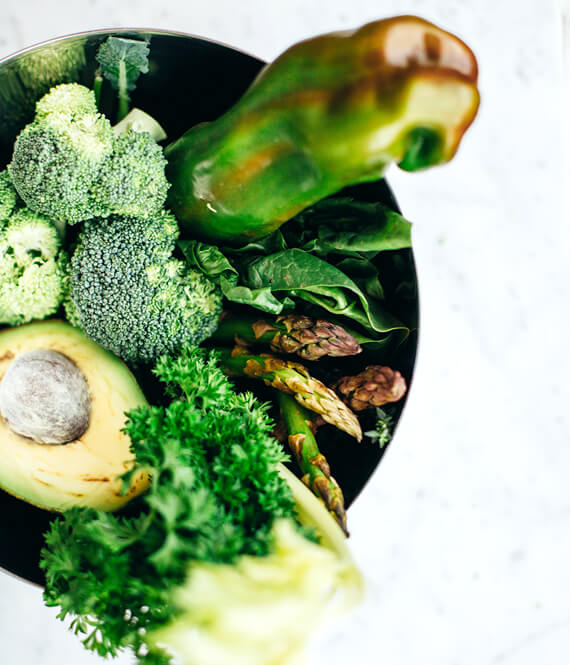
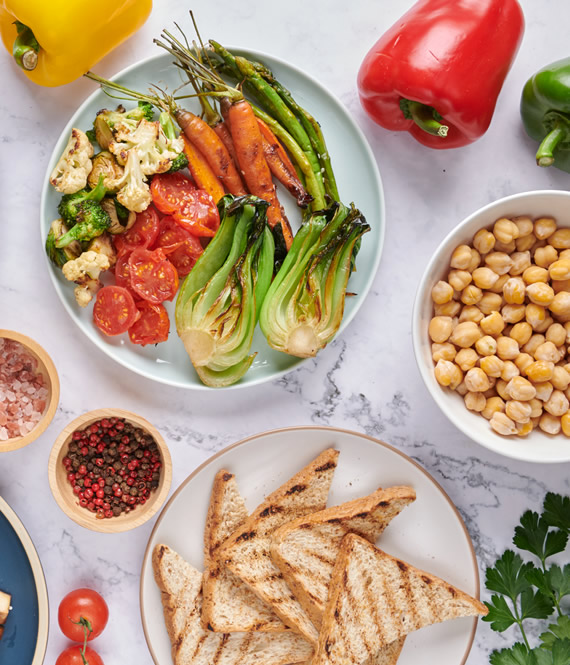
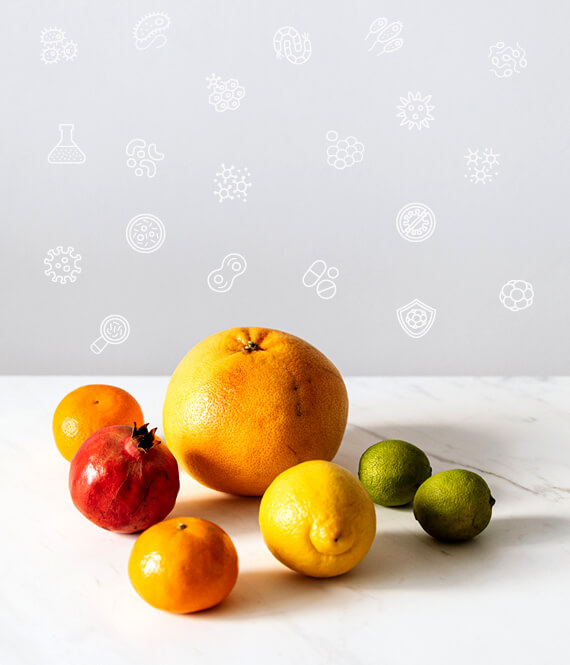
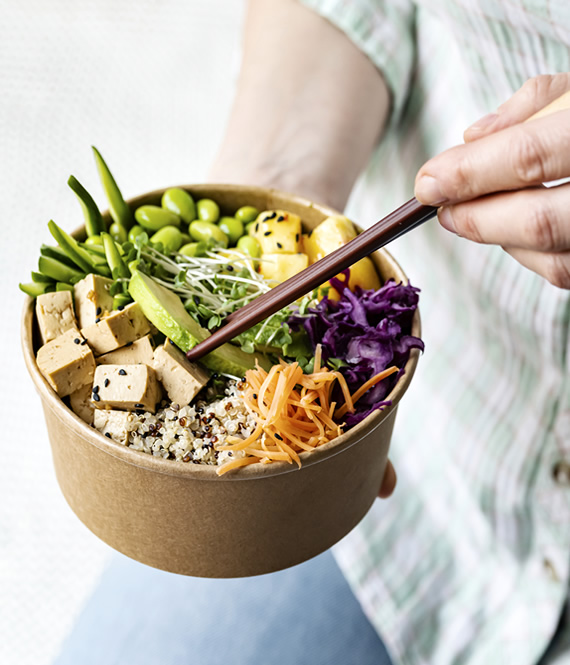
Leave a Comment